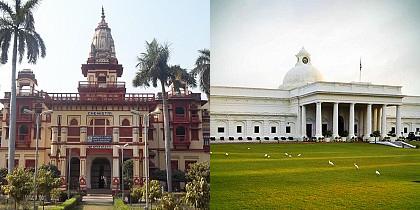
The ugly truth, even when it is fictionalized is not allowed to reach the readers, at least not in India. The Indian government has always argued to have banned books for the maintenance of law and order in the country, but it has never really tried to make its citizens more tolerant to the idea of unusual.
THE SATANIC VERSES – SALMAN RUSHDIE:
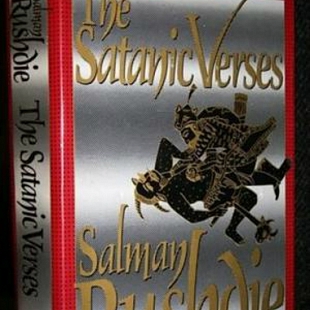
The Satanic Verse, the fourth novel by Salman Rushdie earned him a fatwa issued by the Ayatollah Ruhollah Khomeini, the supreme leader of Iran. The book is not only banned in India but in countries like Bangladesh, Sudan, South Africa, Kenya, Singapore, etc.
THE POLYESTER PRINCE – HAMISH MCDONALDS:

The Polyester Prince is an untold account of how Dhirubai Ambani, the man who created India’s biggest business house, had risen to power. Hamish’s book alleges that many rules had to be amended to suit Dhirubais business prospects. Several controversial allegations are levied against the business tycoon. The book was eventually banned in India.
SMASH AND GRAB: ANNEXATION OF SIKKIM
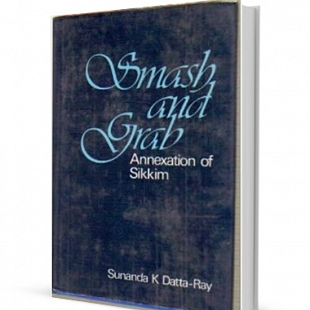
A non-fiction about the account of the annexation of Sikkim, during the 1970s, Smash and Grab was written by Sunanda K. Dutta-Ray. The book was the outcome of the writer’s friendship with the then king of Sikkim, Chogyal Palden Thondup Namgyal. It’s about the struggle of his empire, during the times when India and China were in a constant state of conflict.
THE RAMAYANA AS TOLD BY AUBREY MENEN:
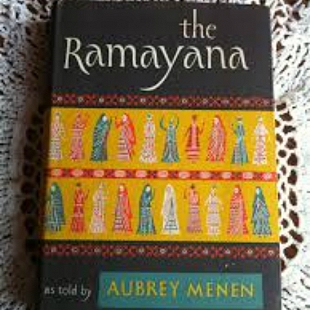
Aubrey Menen a satirist of Indian and Irish origins has re-told the Indian classic Epic, Ramayana in a funny and totally readable way. Except for reaching a few homes in India, the book was banned by the Government of India in 1956.
RANGILA RASUL:
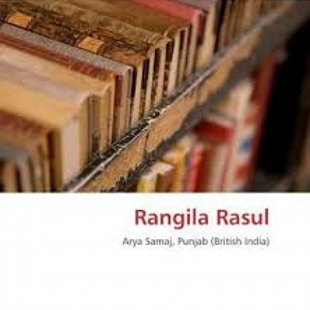
This book has been mired in controversy since it was first published in 1927 and described the marital and sex life of the Muhammad. The author Arya Samaji was sent off 5 years of prison and was stabbed to death by Ilm-ud-din. The book still remains banned in India, Pakistan, and Bangladesh.
UNDERSTANDING ISLAM THROUGH HADIS – RAM SWARUP:
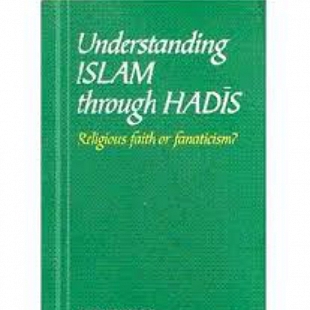
Ram Swarup’s Understanding Islam through Haids was published in 1982. The book is supposedly a study based on the English Translation of the Sahih Muslim, one of the sixth major adhiyats of the Sunni Muslims. It was condemned for its harsh critique on political Islam.
SOFT TARGET: HOW THE INDIAN INTELLIGENCE SERVICE PENETRATED CANADA

The term Soft Target is a euphemism for people and communities that can be easily penetrated for subversive purposes, and here it refers to the Sikhs, who were a soft target of the government, during the 1980s.



